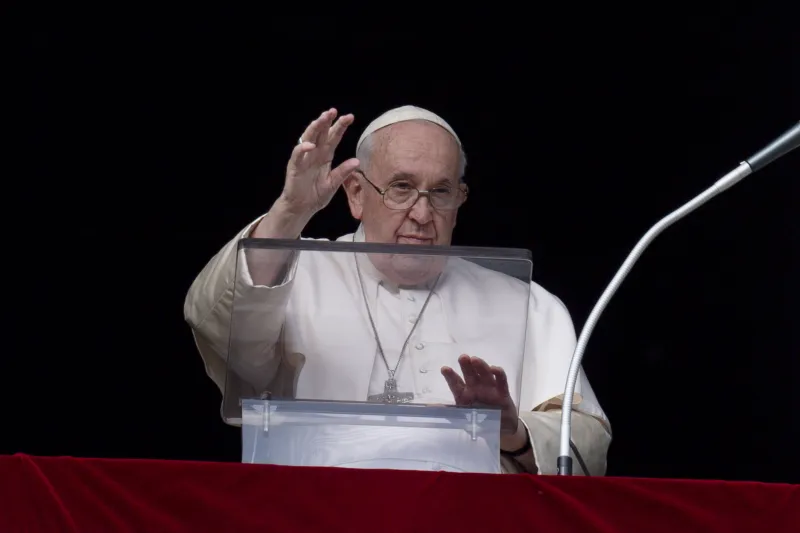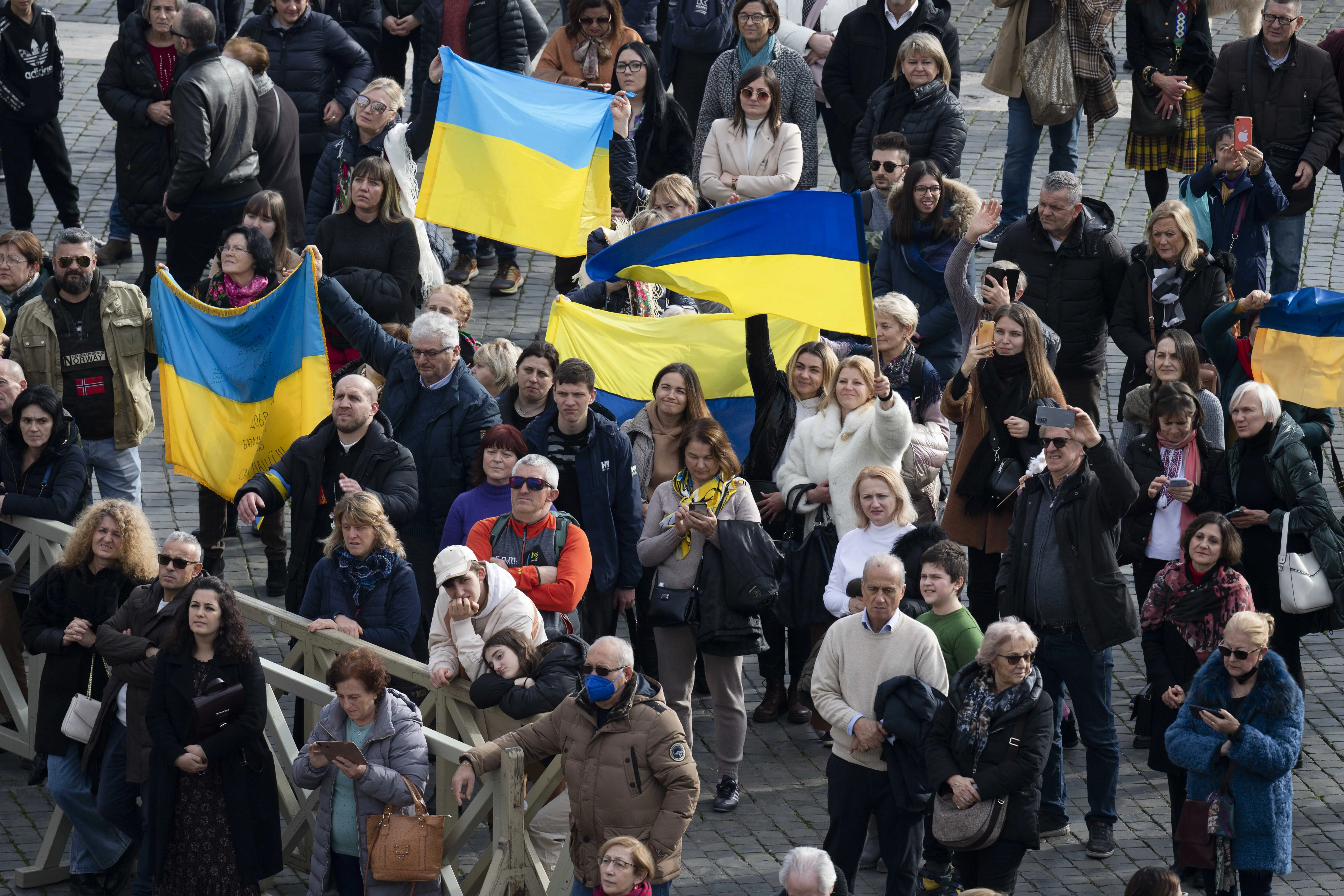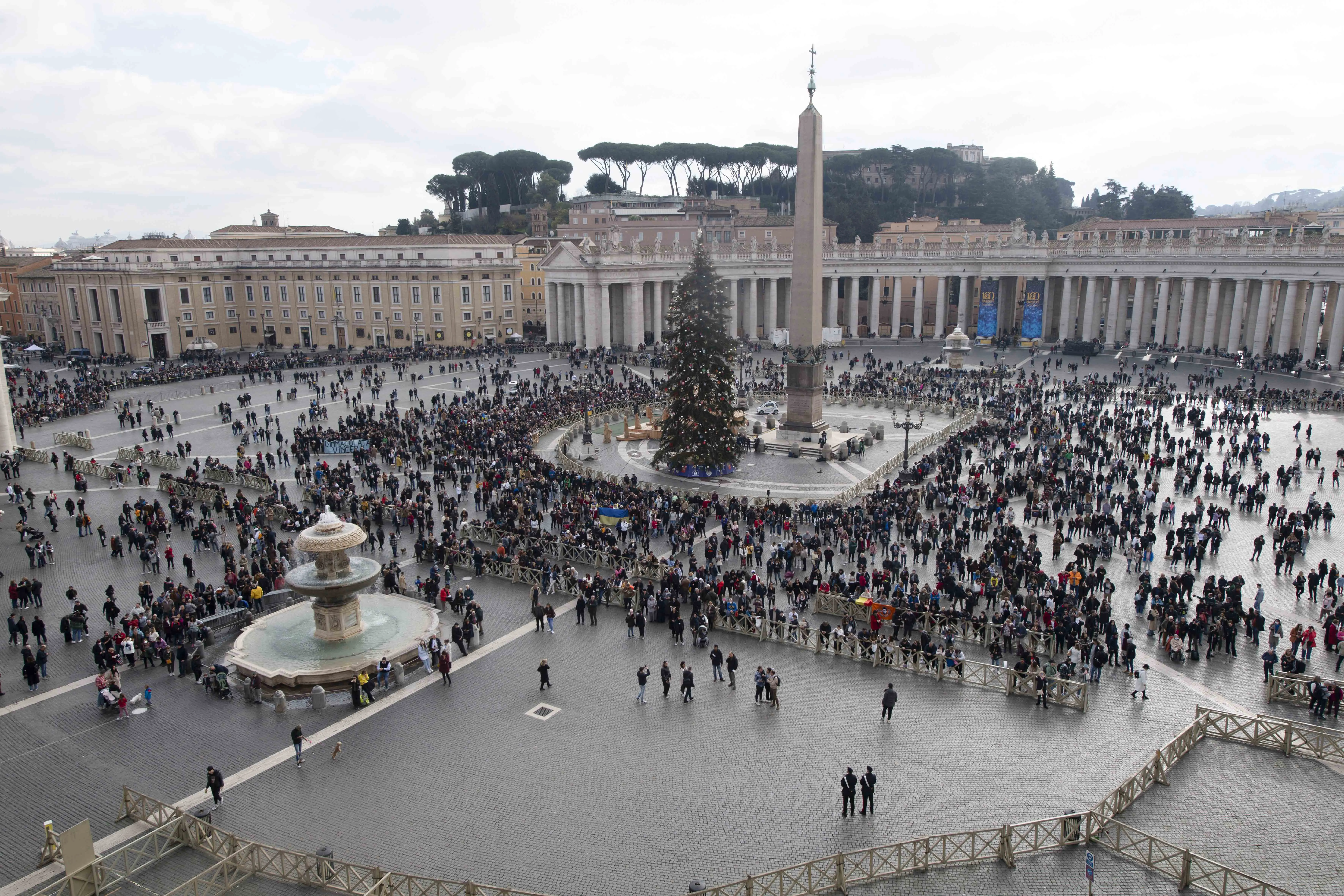
Vatican City, Jun 12, 2017 / 04:03 pm (CNA/EWTN News).- In order to foster collegiality, Pope Francis has added to the usual schedule of bishops’ ad limina visit to Rome: one additional meeting with the heads of the Vatican dicasteries.
The ad limina apostolorum – “to the tomb of the apostles” – visits are the meetings that groups of bishops from each ecclesiastical region in the world have with the Pope every five years. In such occasions they also visit and celebrate Mass at the tombs of St. Peter and St. Paul.
Before meeting the Pope, the bishops from a particular country or region visit all the dicasteries Vatican dicasteries and can schedule personal meetings with the head of each dicastery to discuss particular matters.
During such visits, bishops’ conferences prepare exhaustive reports for each dicastery, describing the status of the Church in the country or region.
Before Pope Francis, the meeting of the bishops with the Pope included an exchange of speeches: the president of the bishops’ conference delivered a speech to describe the state of the region, and the Pope delivered a speech in his turn which provided pastoral recommendations and priorities.
After the exchange of speeches, the Pope held a short conversation with each bishop individually.
But since the beginning of his pontificate, Pope Francis chose the format of an open conversation with the whole group of bishops. All of them are allowed to ask questions, and the Pope responds off the cuff.
The Pope also prepared a formal speech, a copy of which was provided to each bishop.
With time, even the delivery of the papal speech fell into disuse. Now, no official papal text is prepared and therefore the press only knows of the matters discussed during the visit from the bishops who attended it.
Pope Francis has made an additional, recent change: the bishops have now a meeting presided over by Pope Francis with many heads of the Vatican dicasteries.
Not all the heads of Vatican dicasteries take part in the meeting, but only those whose dicasteries are in some way related to pastoral care or some of the main issues at stake in the ecclesiastical region visiting Rome.
Bishop Thomas Dowd, auxiliary bishop of Montreal, told CNA that “for the first time with our group, the Pope met twice with the bishops: before in a meeting with several heads of the Vatican dicasteries, and after for the usual exchange of opinions, which lasted about two hours.”
Bishop Dowd described it as a working meeting which included representatives from the Secretariat of State, the Congregation for Clergy, the Pontifical Council for the Promotion of the New Evangelization, and the Dicastery for Laity, Family and Life.
Thanks to provided translation, the Pope, prefect, and bishops of Quebec had “an open exchange of opinions about the Church in the region and its needs. We got advice from the Curia. We gave our input to them, the Curia officials gave their input to us.”
Bishop Dowd added that “the Pope listened to us, and we had coffee together at the end.”
The auxiliary bishop of Montreal recounted: “The Pope basically said: ‘We want to hear from you about what is your situation. Tell us your experience’. The various dicasteries had prepared remarks based on the reports that we sent in advance to the ad limina visit.”
He added that, as the discussion went on, “some of the dicasteries read the texts they prepared, but most of them did not read the texts, but reacted to the experiences raised during the open discussion.”
During the meeting, Pope Francis listened attentively to all the discussions. He spoke at the end, to summarize the discussions and provide an overall reaction.
The bishops of Peru followed next in May, with the same new extra meeting.
Archbishop José Antonio Eguren Anselmi of Piura told CNA that the double meeting, first with the heads of the dicasteries and then only with the bishops “gives great attention to the local Churches, since we have the possibility to spend at least four hours with the Pope.”
If you value the news and views Catholic World Report provides, please consider donating to support our efforts. Your contribution will help us continue to make CWR available to all readers worldwide for free, without a subscription. Thank you for your generosity!
Click here for more information on donating to CWR. Click here to sign up for our newsletter.






Leave a Reply